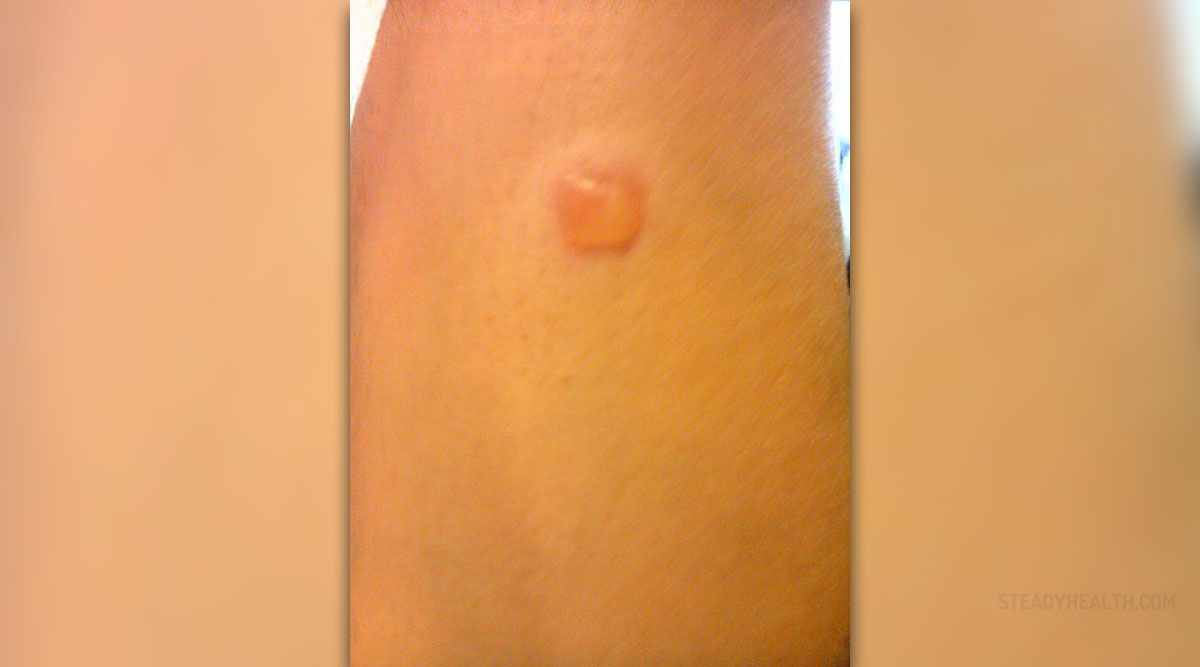
Acute pyelonephritis is a sudden inflammation of the kidneys, to be more precise an ascending urinary tract infection that reaches the pyelum of the kidney and its pelvis. Severe cases of acute pyelonephritis are accompanied by pus accumulation around the kidney (pyelonephrosis) and a systemic inflammatory reaction of the body. Kidney failure is one of several complications of the disease. In some cases acute pyelonephritis can be even fatal.Clinical Characteristics of Acute Pyelonephritis
Acute pyelonephritis in all cases leads to fever and may induce accelerated heart rate. Urination is frequent, painful and there is specific abdominal pain radiating towards the back (generally localized in the flank area). Additionally, patients may feel nauseated, lose their appetite and consequently lose weight.
If the condition progresses into urosepsis, there are signs of shock (violent shivering, rapid breathing and decreased blood pressure).
What Causes Pyelonephritis?
Pyelonephritis is in majority of cases associated with bowel microorganisms which enter the urinary tract. The most common ones are Escherichia coli and Enterococcus faecalis. Hospital-acquired infections may be caused by more severe microorganisms such as Klebsiella spp. and Pseudomonas aeruginosa.
The infection is initially in a form of cystitis or prostatitis and then spreads in an ascending manner to the kidneys.
Risk factors for pyelonephritis include any abnormality to the kidneys or the rest of the urinary tract, vesicoureteral reflux, the presence of kidney stones, urinary tract catheterization, urinary tract stents and drainage procedures. Furthermore, pregnant women and individuals suffering from neurogenic bladder are also more susceptible to acute pyelonephritis. The condition is frequently reported in men suffering from benign prostatitis hyperplasia as well. And finally, patients already suffering from some diseases (diabetes) or immunocompromized individuals develop acute pyelonephritis easier comparing to healthy individuals.Acute Pyelonephritis Treatment
Acute pyelonephritis does not withdraw on its own and should be treated with potent antibiotics capable of eradicating infective agent responsible for the infection. Moderate forms of acute pyelonephritis can be treated with oral antibiotics while severe infection can be only brought under control with intravenous antibiotics.
Doctors commonly opt for fluoroquinolones, beta-lactam antibiotics and trimethoprim combined with sulfamethoxasole. Aminoglycosides may be toxic and are applied only for a few days in certain cases.
Patients with spiking fever and leukocytosis are supposed to be hospitalized and receive treatment as well as fluids intravenously. Pregnant women also require hospitalization and they may receive only specific antibiotics which are not harmful for the both, the mother and the baby.

















Your thoughts on this
Loading...